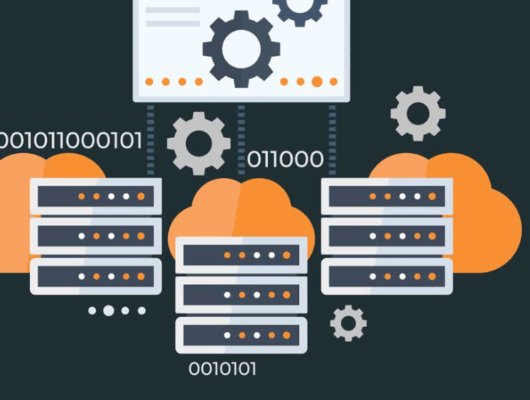The Transformative Power of AI in Healthcare: A Balanced Approach to Integration
The healthcare industry has witnessed revolutionary advancements, from the development of MRI and X-ray machines to the applications of advanced prosthetics and laser surgeries. However, we stand on the brink of a new era as the increasing complexity and volume of data necessitate the use of artificial intelligence (AI). The potential of AI in medical operations, administration, patient interaction, and research is immense. Yet, healthcare remains a fundamentally human-centric industry, and there are compelling reasons why it should stay that way. Ethical concerns, such as AI’s lack of accountability and the potential displacement of current healthcare workers, must be addressed before AI is fully integrated into healthcare. Thus, AI should be assimilated into the healthcare industry on a case-by-case basis. This article will detail several healthcare applications of AI that offer tremendous benefits with minimal drawbacks.
AI in Medical Diagnostics
- Enhanced Accuracy and Speed: AI algorithms can analyze medical images, such as X-rays, MRIs, and CT scans, with remarkable accuracy and speed. These algorithms can detect anomalies that might be missed by human eyes, leading to earlier and more accurate diagnoses.
- Predictive Analytics: AI can predict the likelihood of diseases based on patient data, enabling preventive measures and early intervention. For instance, AI models can assess the risk of conditions like heart disease or diabetes by analyzing patterns in patient health records.
AI in Personalized Medicine
- Tailored Treatment Plans: AI can help in creating personalized treatment plans based on a patient’s genetic makeup, lifestyle, and other factors. This customization increases the effectiveness of treatments and reduces the risk of adverse reactions.
- Drug Discovery: AI accelerates the drug discovery process by predicting how different compounds will interact with targets in the body. This can significantly reduce the time and cost of bringing new drugs to market.
AI in Administrative Tasks
- Efficiency in Administrative Processes: AI can streamline administrative tasks such as scheduling, billing, and patient management. This reduces the burden on healthcare staff and allows them to focus more on patient care.
- Resource Management: AI systems can optimize the allocation of resources in hospitals, such as bed management, staffing, and inventory control, ensuring that the healthcare system operates more efficiently.
AI in Patient Interaction
- Virtual Health Assistants: AI-powered virtual assistants can provide patients with information, reminders for medication, and answers to common health questions. This improves patient engagement and adherence to treatment plans.
- Telemedicine: AI enhances telemedicine by providing tools for remote monitoring and consultations, making healthcare more accessible, especially in underserved areas.
Ethical Considerations in AI Integration
- Accountability and Transparency: One of the major concerns with AI in healthcare is the lack of accountability. It is crucial to ensure that AI systems are transparent and that their decision-making processes can be understood and trusted by healthcare professionals.
- Job Displacement: The integration of AI in healthcare must be done carefully to avoid displacing healthcare workers. AI should augment human capabilities rather than replace them, ensuring that the workforce can transition to roles that require a human touch.
Conclusion
The integration of AI into healthcare offers substantial benefits, from improving diagnostic accuracy and personalizing treatments to streamlining administrative tasks and enhancing patient interaction. However, it is essential to approach this integration with caution, addressing ethical concerns and ensuring that AI complements human healthcare workers rather than replacing them. By adopting AI on a case-by-case basis, the healthcare industry can harness its full potential while maintaining the human element that is so crucial to patient care.
Additional Points to Consider
- Continuous Learning and Adaptation: AI systems must be continuously updated and trained with new data to ensure they remain accurate and effective. This requires ongoing collaboration between AI developers and healthcare professionals.
- Data Security and Privacy: Protecting patient data is paramount. Robust security measures must be in place to prevent data breaches and ensure patient confidentiality.
- Patient Education: Educating patients about the role of AI in their care can help build trust and acceptance. Patients should understand how AI is used and the benefits it provides.
- Interdisciplinary Collaboration: Successful AI integration requires collaboration across various disciplines, including computer science, medicine, ethics, and law. This interdisciplinary approach ensures that AI solutions are well-rounded and effective.
By carefully considering these factors, the healthcare industry can integrate AI in ways that enhance care delivery, improve outcomes, and respect the essential human aspects of healthcare.





